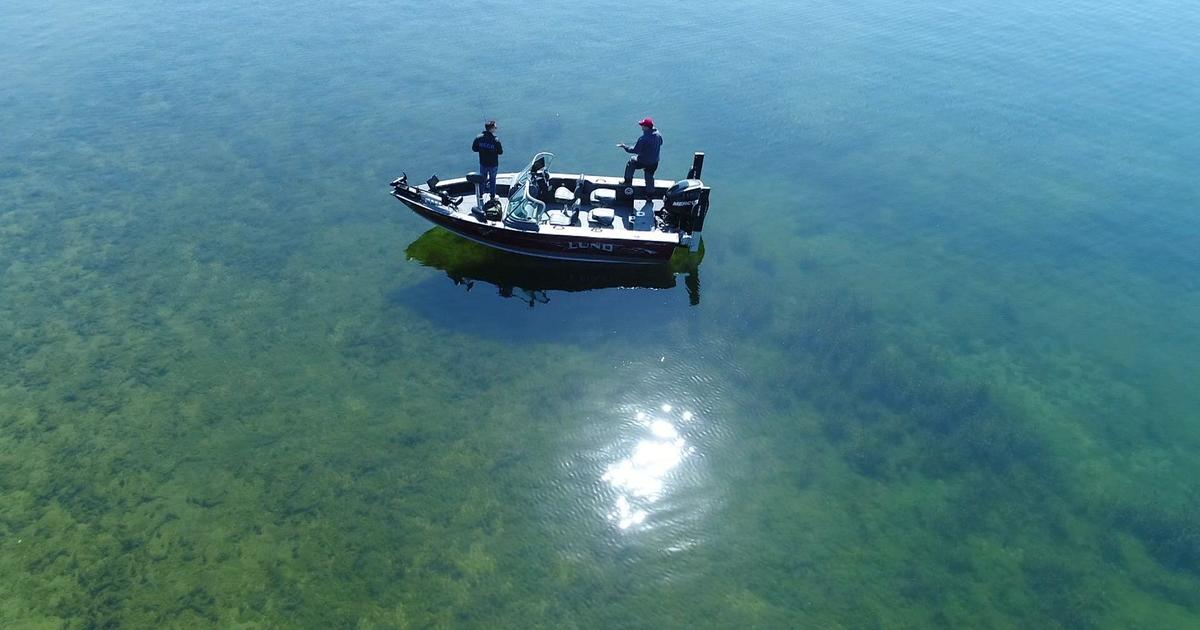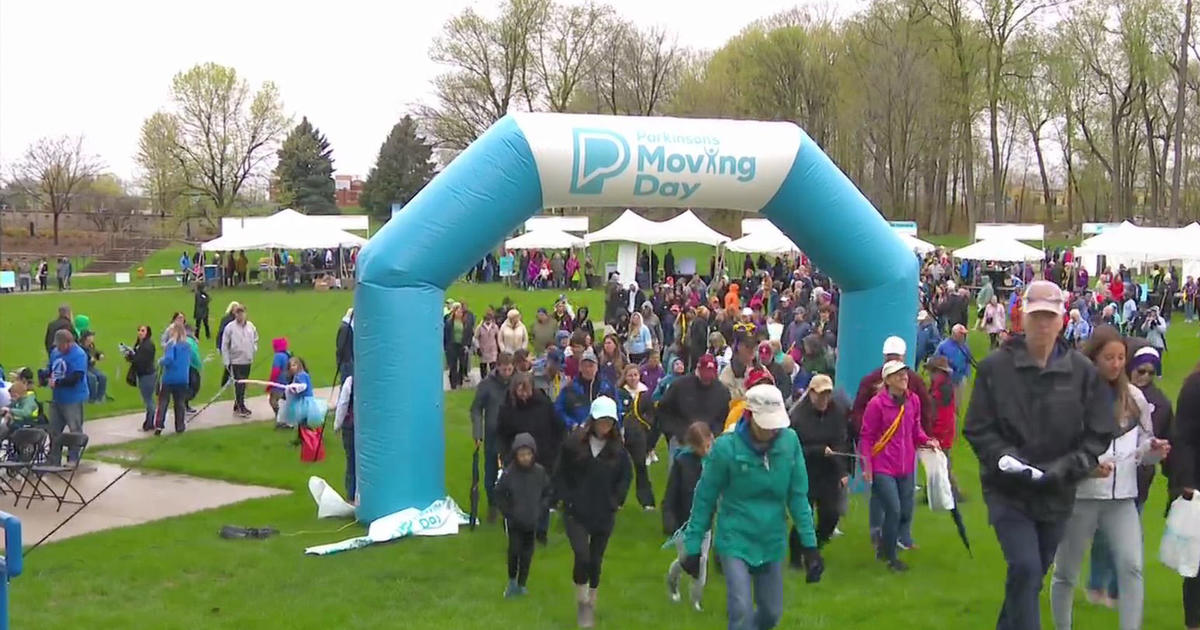'I Became Hopeless': Veteran Grateful He Asked For Help After Suicide Attempts
MINNEAPOLIS (WCCO) -- More than 6,000 veterans a year end their lives by suicide, and in Minnesota more than 100 a year take their own lives. The Minnesota Department of Veterans Affairs is trying to impact this troubling statistic.
The state of Minnesota will recognize the second annual Minnesota Veteran Suicide Prevention and Awareness Day. The hope is to get veterans to ask for help and use the state and federal resources available to keep them safe.
WCCO's Reg Chapman spoke with one Navy veteran who succeed in life by asking for help.
For Paul Jedlicka, laughing has replaced the tears of hopelessness he lived with for so many years. He joined the Navy in 1984, and served for two years as an operations specialist until he was medically discharged.
"I got in an accident and had my elbow and forearm crushed," he said. "I didn't know what to do. My plan was to do 20, 30 years in the military, get that paycheck while I was still young, and then do what ever I wanted. I had it all planned out."
Not prepared for life without the military, he tried lots of jobs, but nothing stuck. So he started drinking.
"I became hopeless and didn't see an answer in sight, so that was the first time I tried to commit suicide," Jedlicka said.
He survived his first attempt to end his life. Instead of asking for help, he began living on the streets.
"I was homeless from 2003 until 2009, and living on the streets some of the time -- living under a bridge -- and was suicidal at that time. I attempted again," he said.
He survived again, but this time he got help with beating alcohol, and then the VA stepped in to help with his mental health issues of bipolar disorder and depression.
"I just had to be honest and that started the whole process," he said.
Now, he is part of the Governor's Challenge, a collaboration of state and federal agencies working together to end veteran suicide.
"The key to all of this is sharing resources, common messaging, really connecting veterans with their communities and their benefits that they've earned," quality director of suicide prevention with the Minnesota Department of Veteran Affairs Paula Newinski said.
"What you're seeking when it comes to suicide is something -- that was told to me -- is that it is a permanent solution to a temporary problem," Jedlicka said.
He says the permamet solutions lies in trusting someone to help. For him and many others, it starts with the people closest to you.
"Ask people the question. If you are seeing some strange behavior, seeing people being withdrawn, hearing people making slight suggestions, ask them, 'Are you thinking of ending your life?'" Newinski said. "Persuade them to get help."
Anyone in need of help can call the National Suicide Prevention Lifeline at 800-273-8255.



